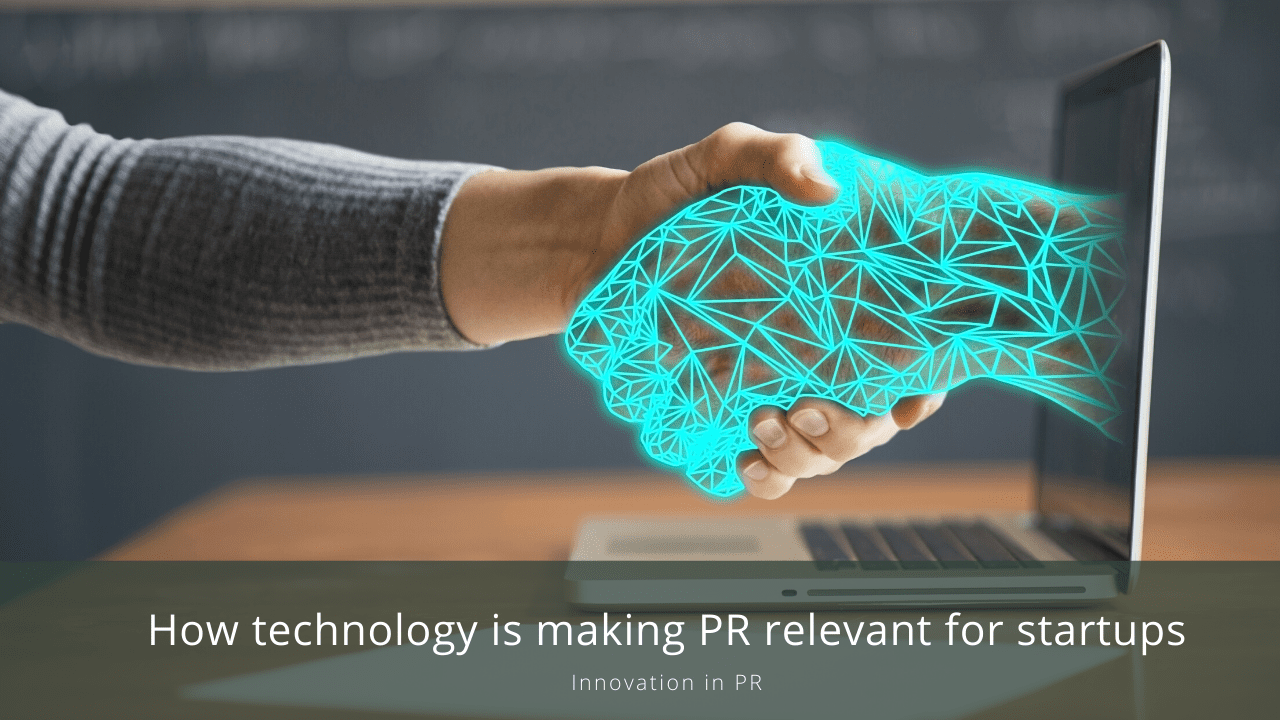The primary objective of public relations is to increase awareness of a company, brand, or product. PR generates “buzz” and builds a brand’s image. Today, more than ever, consumers look past the product and pay attention to a company’s social actions. A company’s overall image influences purchasing decisions.
PR is both active and reactive. While it is often used to promote a company’s positive achievements, it also works as a medium of damage control. PR establishes how a company is seen reacting to its failures plus how they celebrate their successes. Unlike advertising, PR is earned. Modern technology has revolutionised advertising, similarly, PR has also evolved. This now allows new businesses and startups to explore strategies that were previously too costly or time-consuming.
What has changed?

The internet has arguably had the most significant impact on public relations for several reasons. Firstly, it gave unprecedented transparency. We can now access pages of information about a single company or brand in seconds. From factual details to press releases, and customer reviews, to news articles- everything is a click away. This has forced many companies to clear up their act from a social perspective. Additionally, the ability to effectively counter negative press has become more important than ever.
The invention of the world wide web has also birthed a number of media channels through which companies can reach their audience. Social media and targeted e-mails are excellent for spreading information quickly and cheaply. This has been a boon for bootstrapping startups who can’t afford to take on expensive agencies.
We talk about how and why social media marketing is important.
How has technology benefitted startups?

New media channels allow startups with minimal capital to play in the same field as corporate giants. Furthermore, ‘Influencers’ are changing the PR game altogether. Influencers are individuals who have garnered a sizeable public following that pays attention whenever they champion a particular brand or product. Historically, these people would be celebrities, such as movie stars and sports icons, but social media has opened up the role to millions. While a startup may not have the resources to engage big celebrities, they can easily reach out to online influencers.
For example, Gwynnie Bee, a subscription-based plus-size clothing brand, had reached stagnation after early success. To revive their position in the market, they reached out to 20 YouTube influencers. These YouTubers created video reviews and the campaign was a success with over 6% increase in the Click-Through Rate.
Another important aspect for PR is the customer review. Today, every single customer can leave a review online for everyone to see. Fortunately, smart companies know how to use reviews to their advantage. For example, responding directly to a customer in the right way can have a great impact on public perception.
Tools of the trade

Free tools like Google Alerts allow companies to receive an e-mail any time Google finds a news result about them, their competitors, or any keywords they find relevant to their business. Sites like Help A Reporter Out and MuckRack give startups the means to search and contact the most suitable journalists, whereas software such as Cision covers almost every PR need, from monitoring every single media channel to distributing press releases.
The future of PR
We explore how PR helps build consumer trust.
The scrutiny that companies face increases by the day and PR is going to become more important than ever when it comes to proving that they’re meeting every one of their social responsibilities. Also, the market for PR-related Software-as-a-Service (SaaS) is likely to grow as businesses look for more and more ways to successfully engage with the public and stay relevant in our fast-paced era.
Ultimately, early adopters of modern PR approaches and technology are going to find themselves in a much better position in the long run, whether they employ the services of a professional agency or take things into their own hands with cheap and accessible online tools.
If you’re curious to learn more about public relations or want to speak to a SYNC consultant about starting your brand’s PR journey, contact us at hello@syncpr.co
This article has been updated on 10 June 2020

